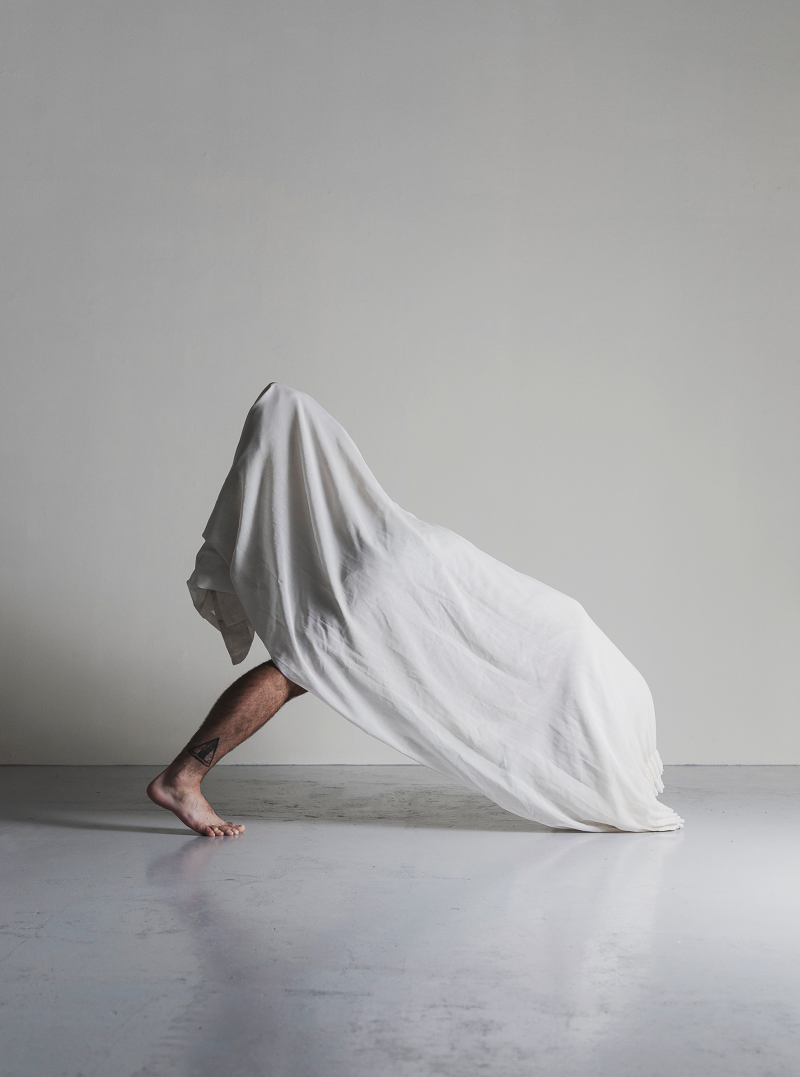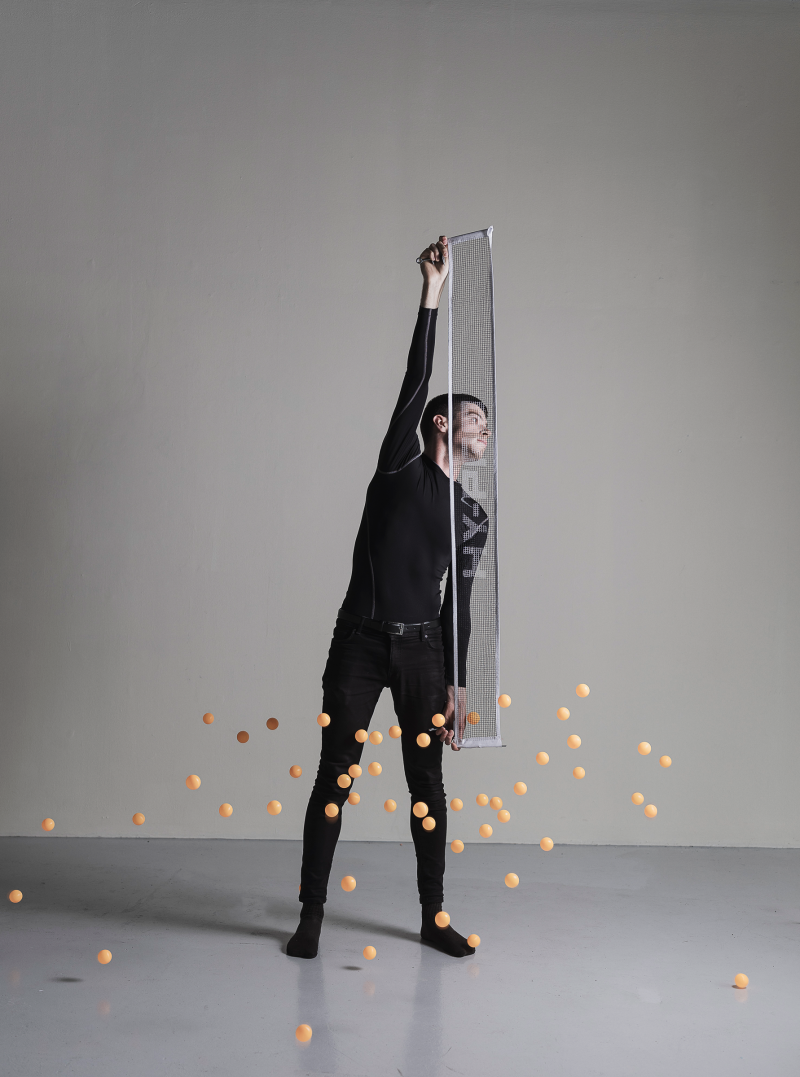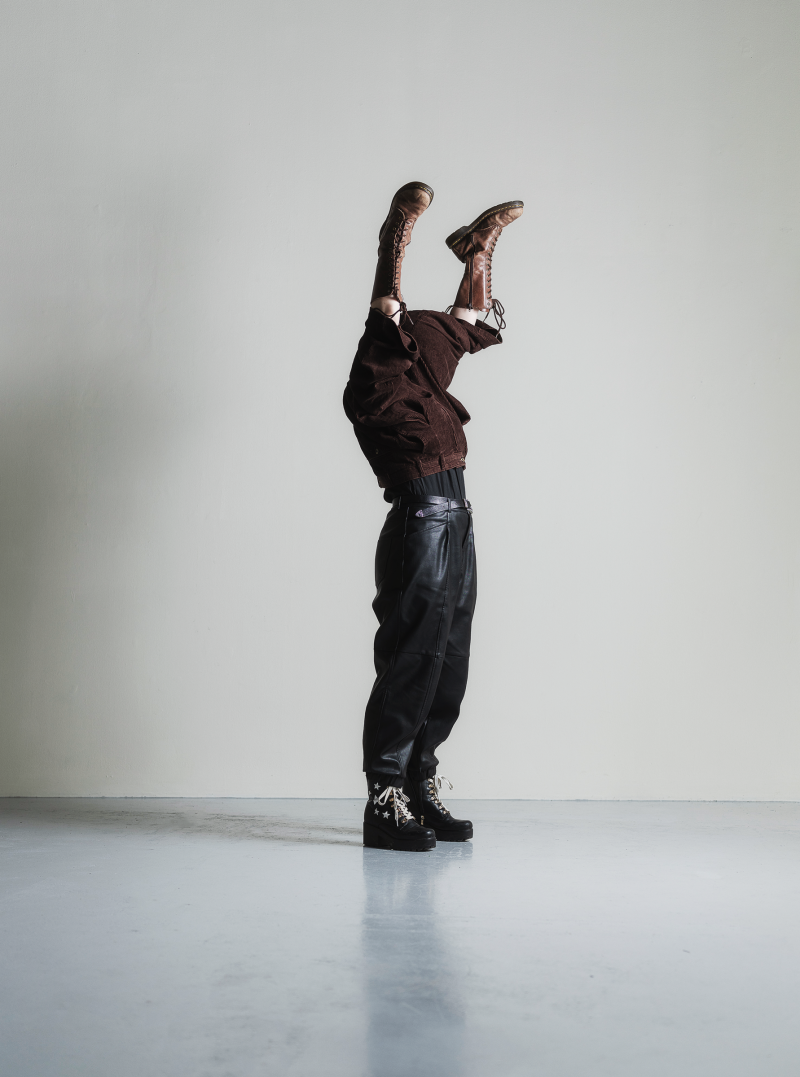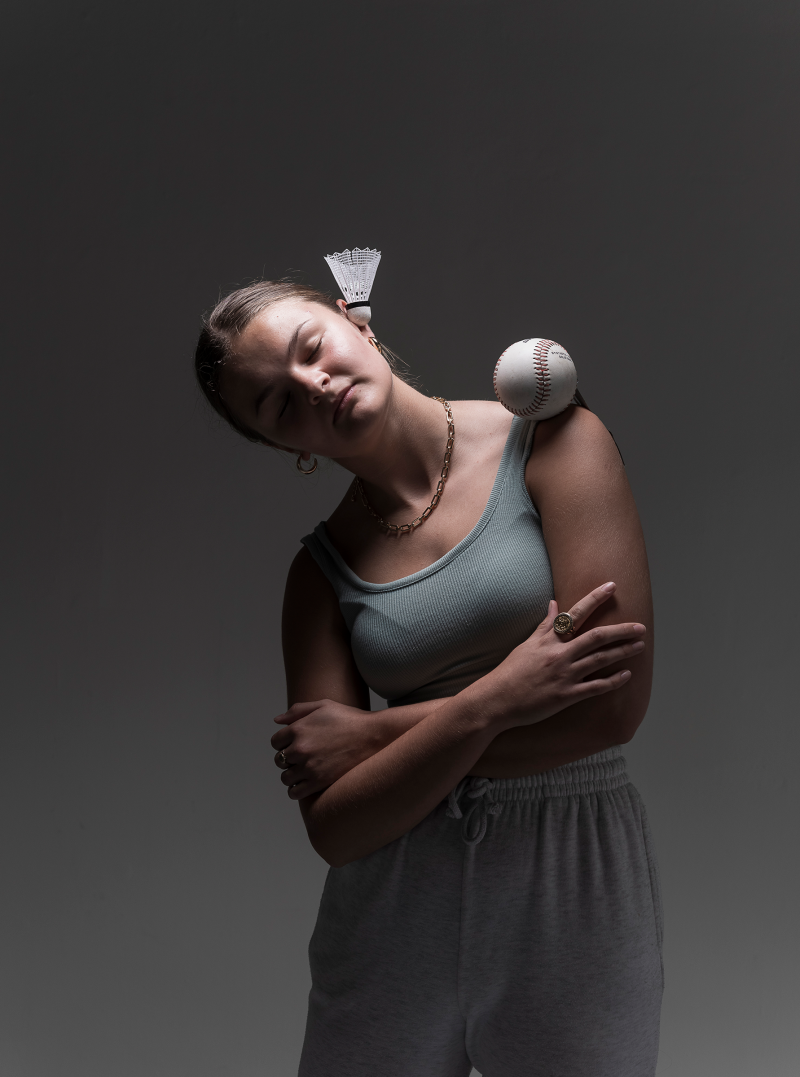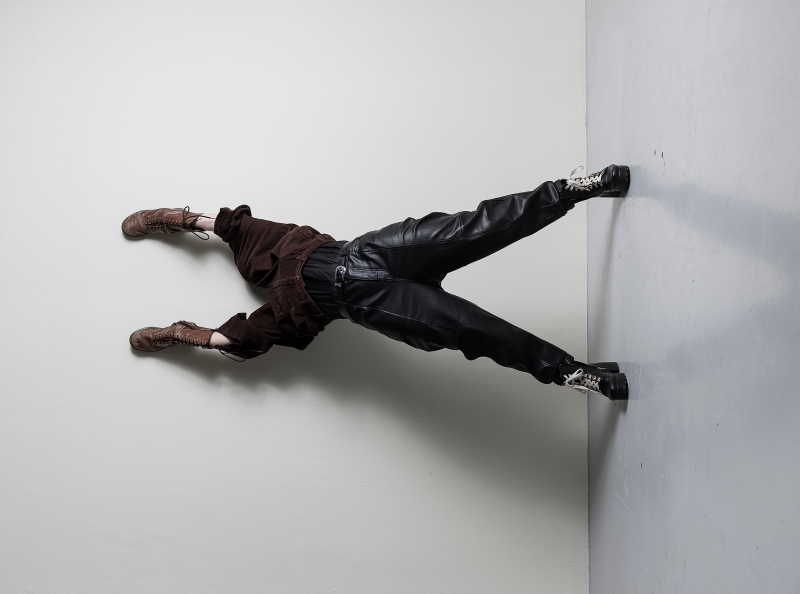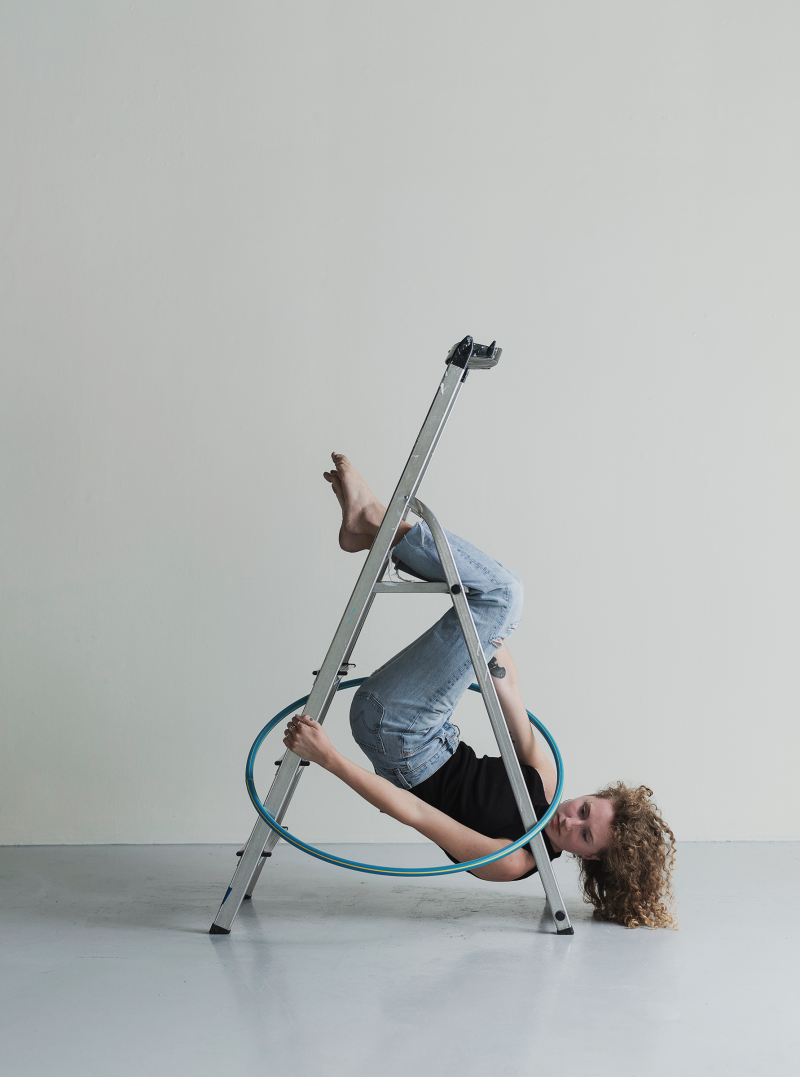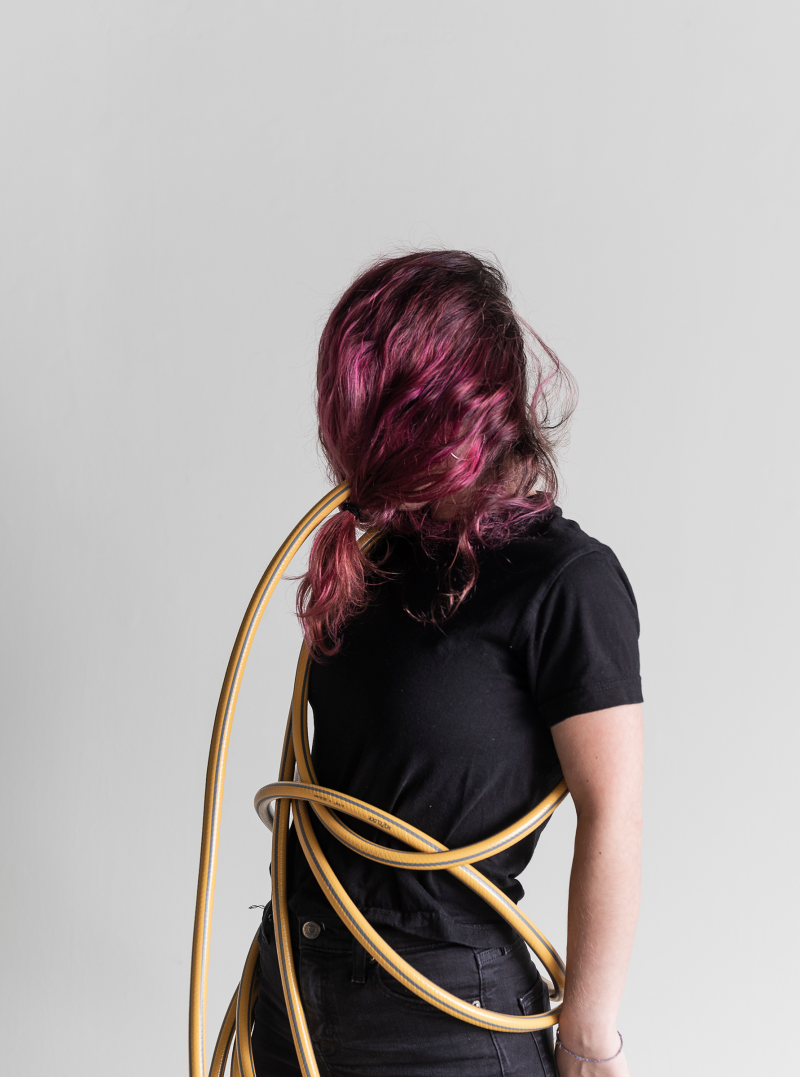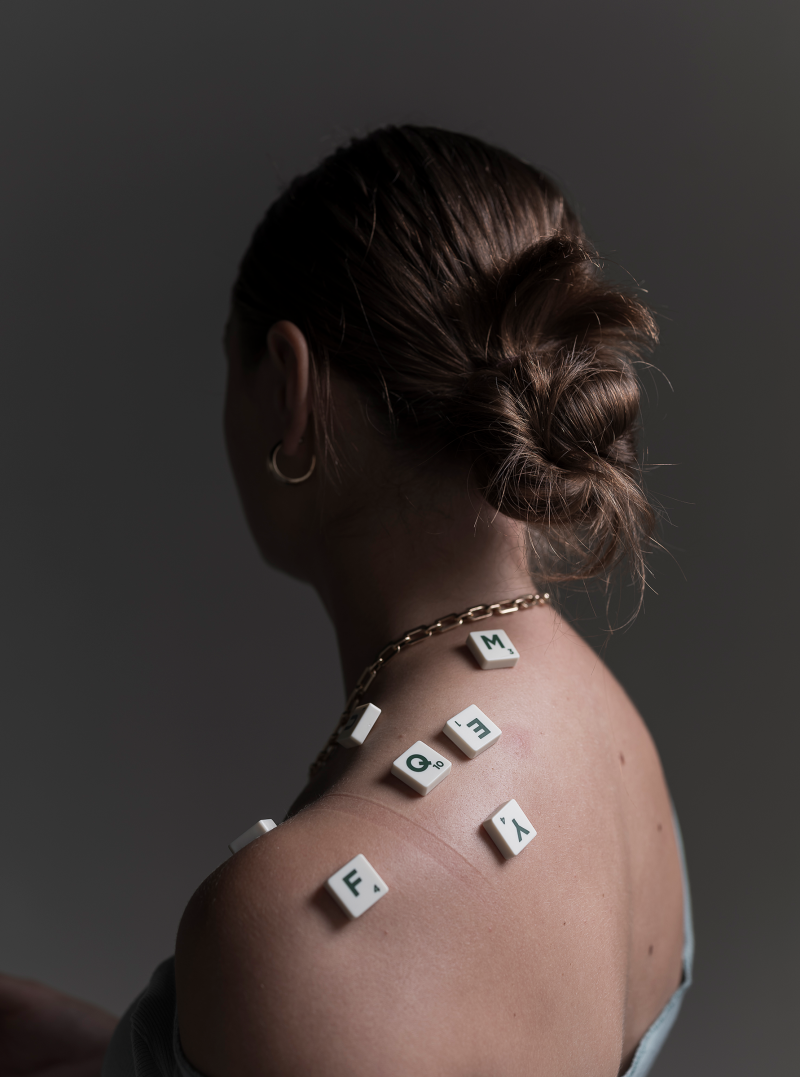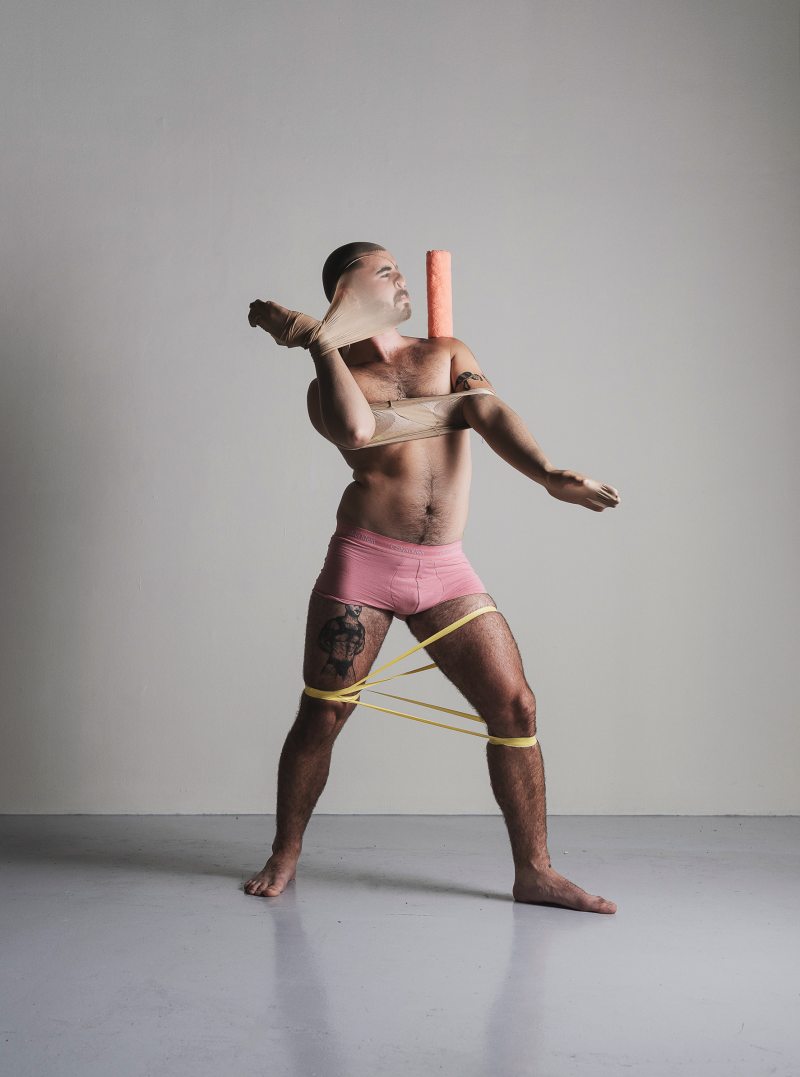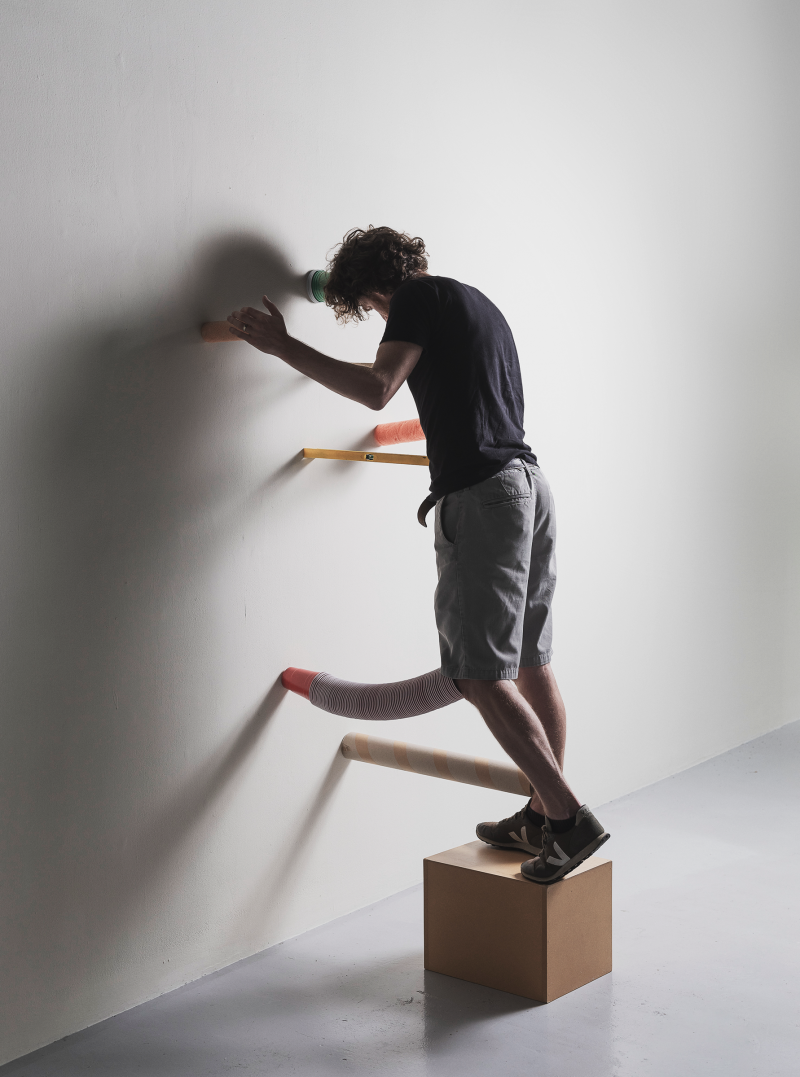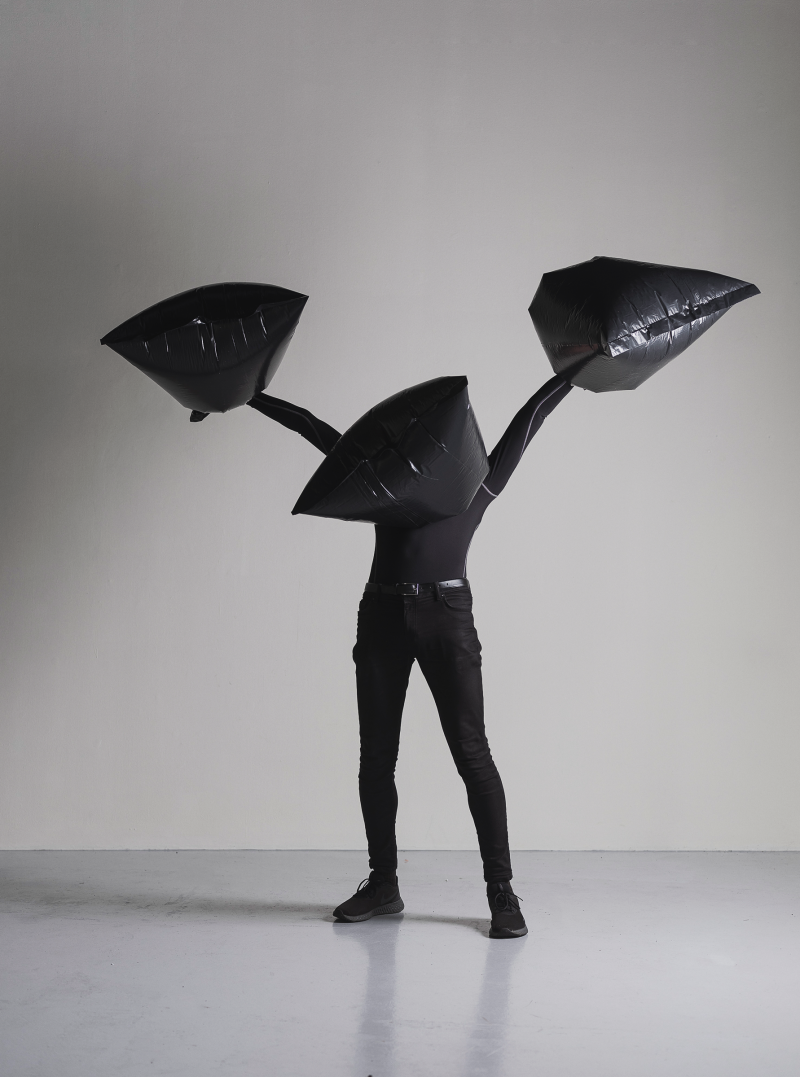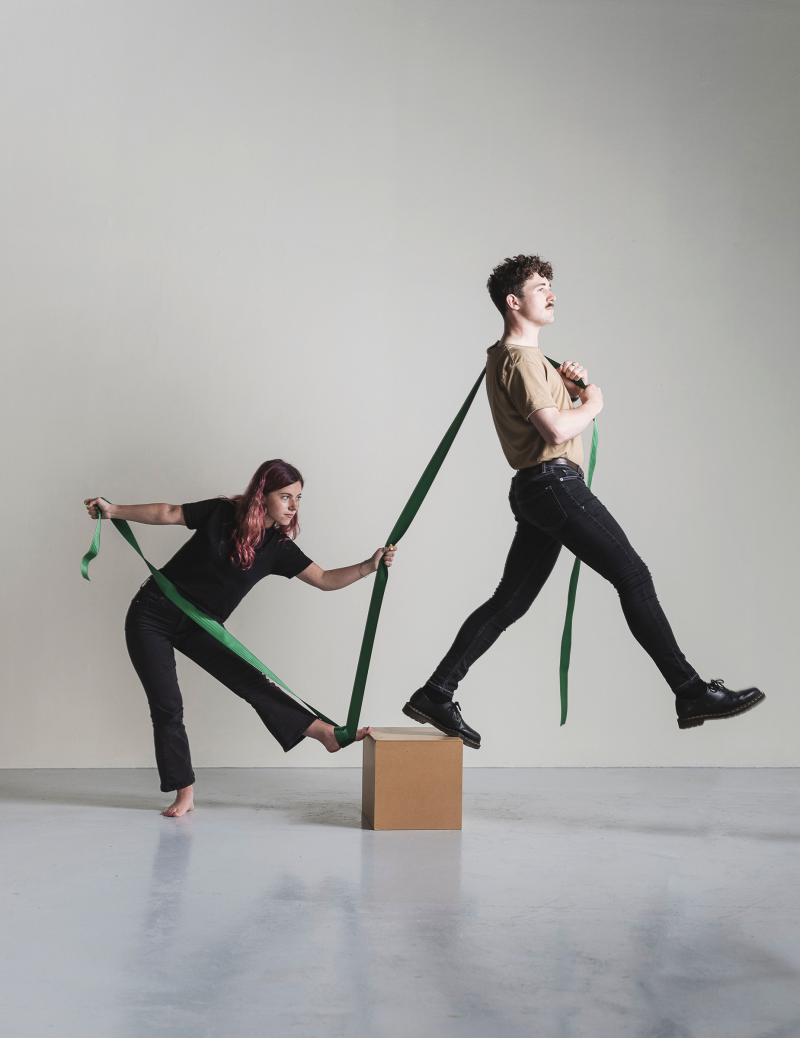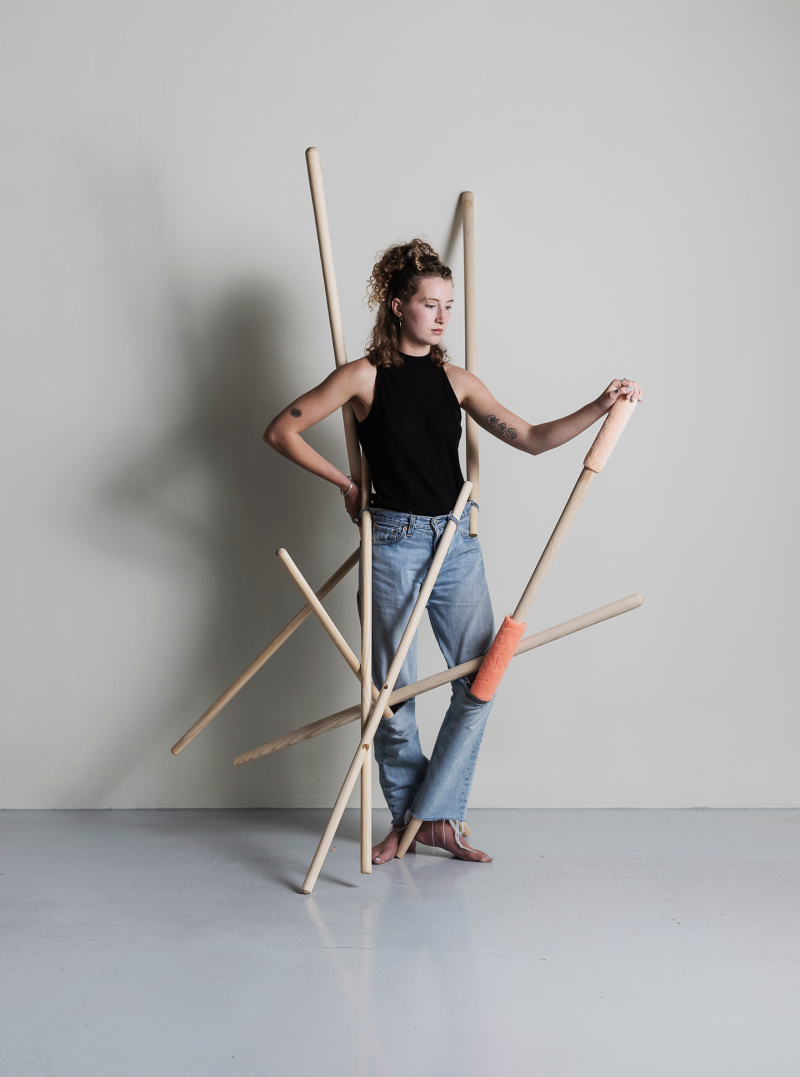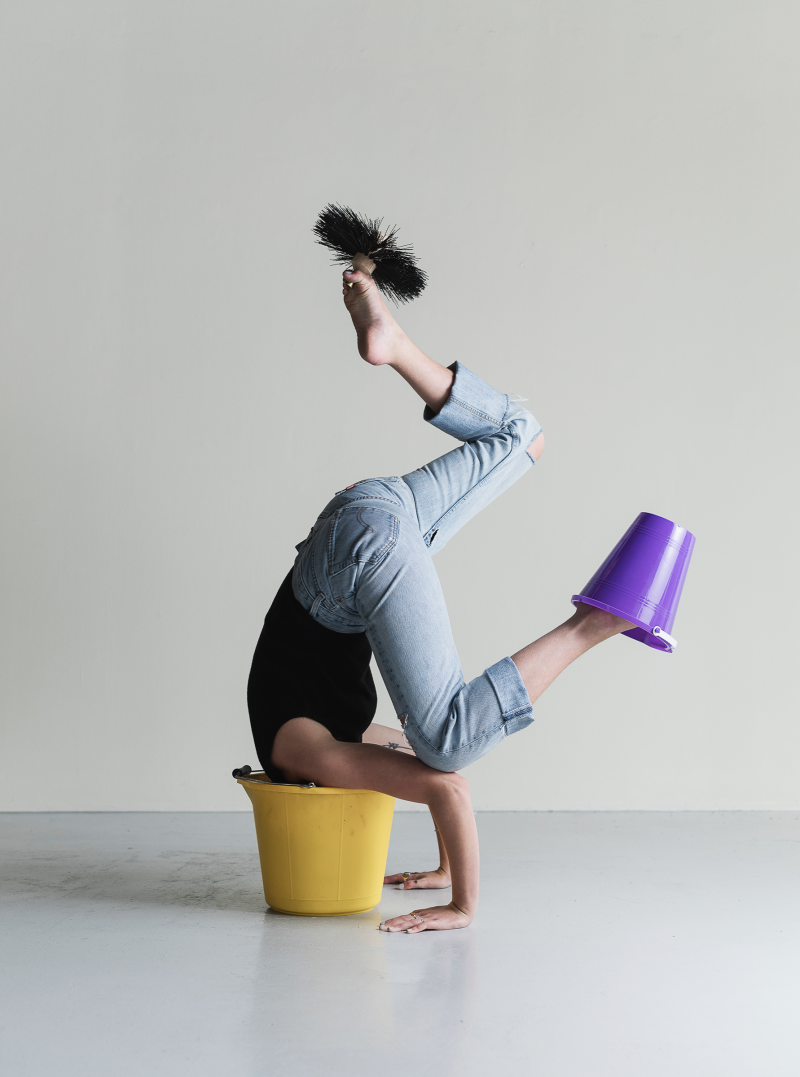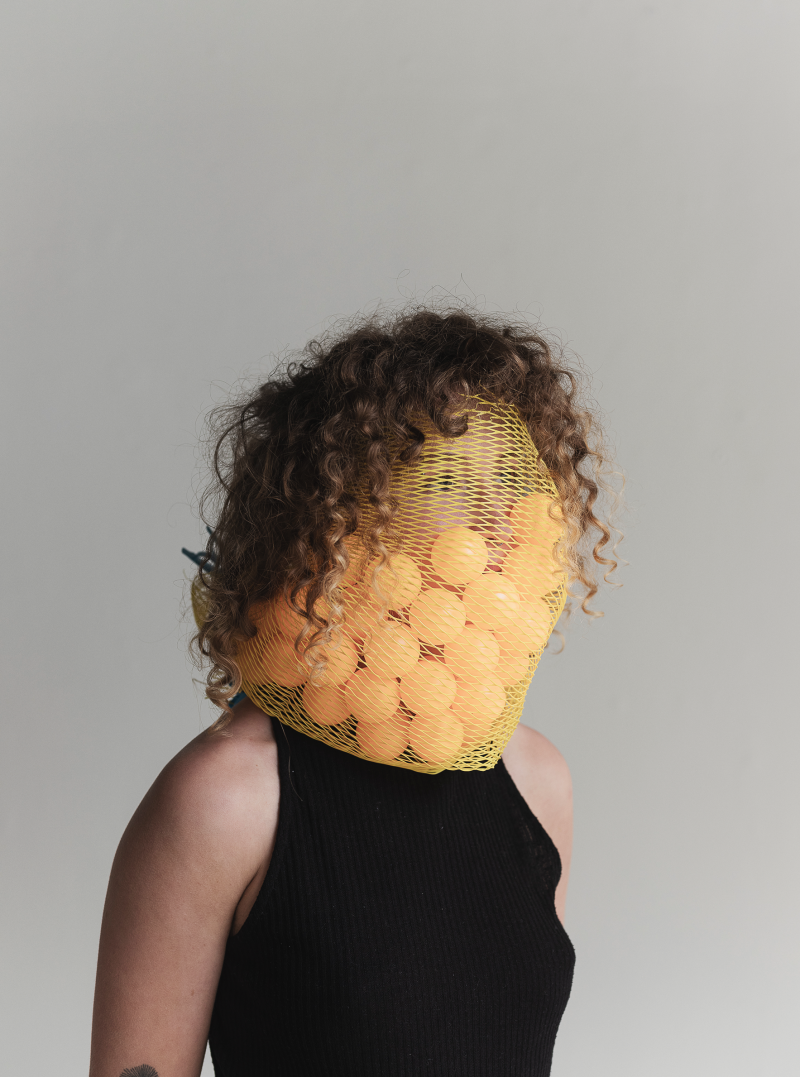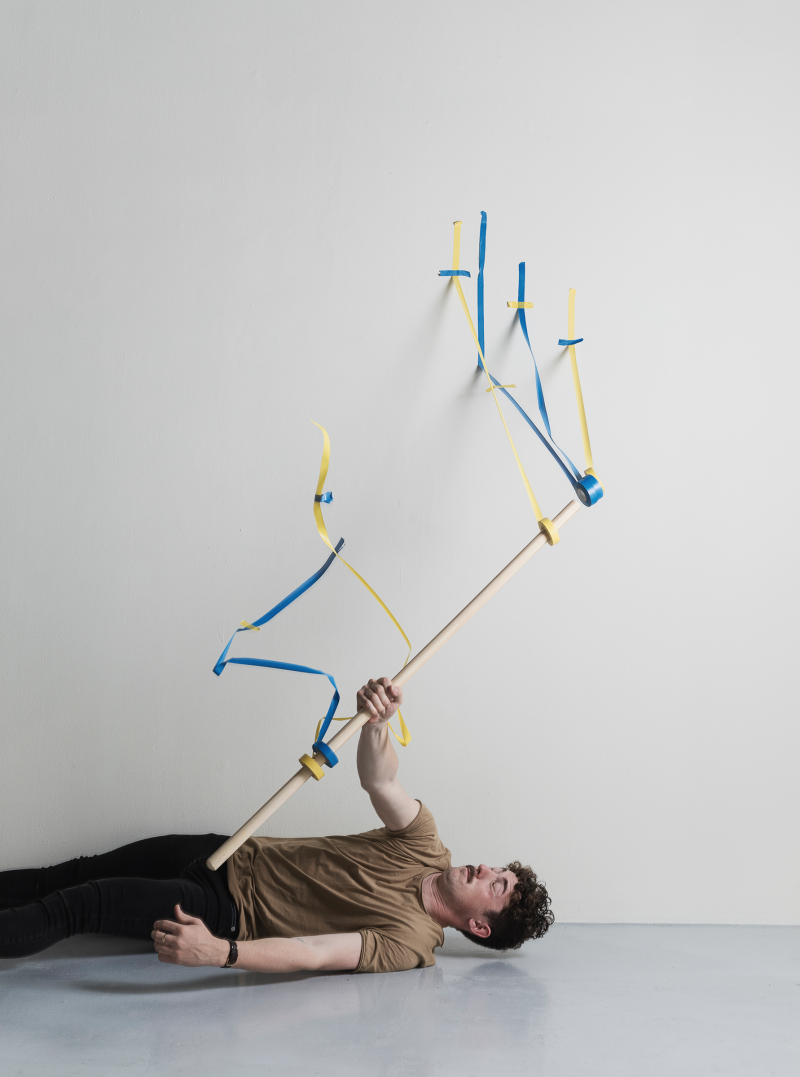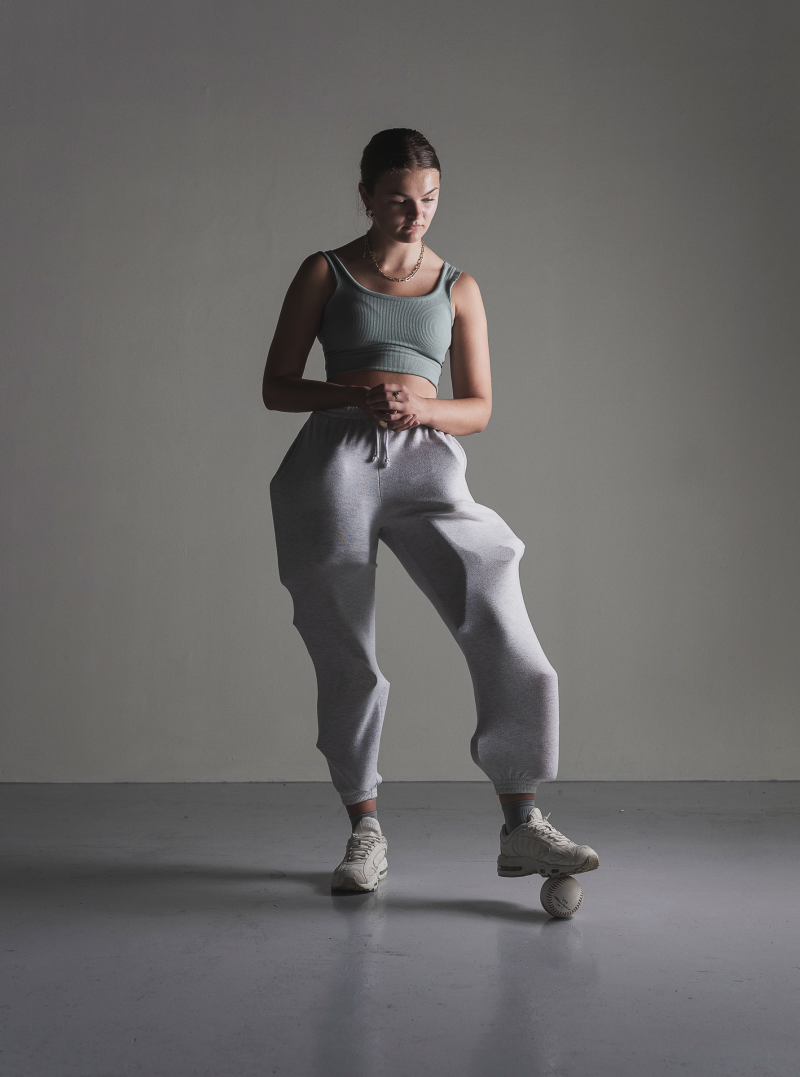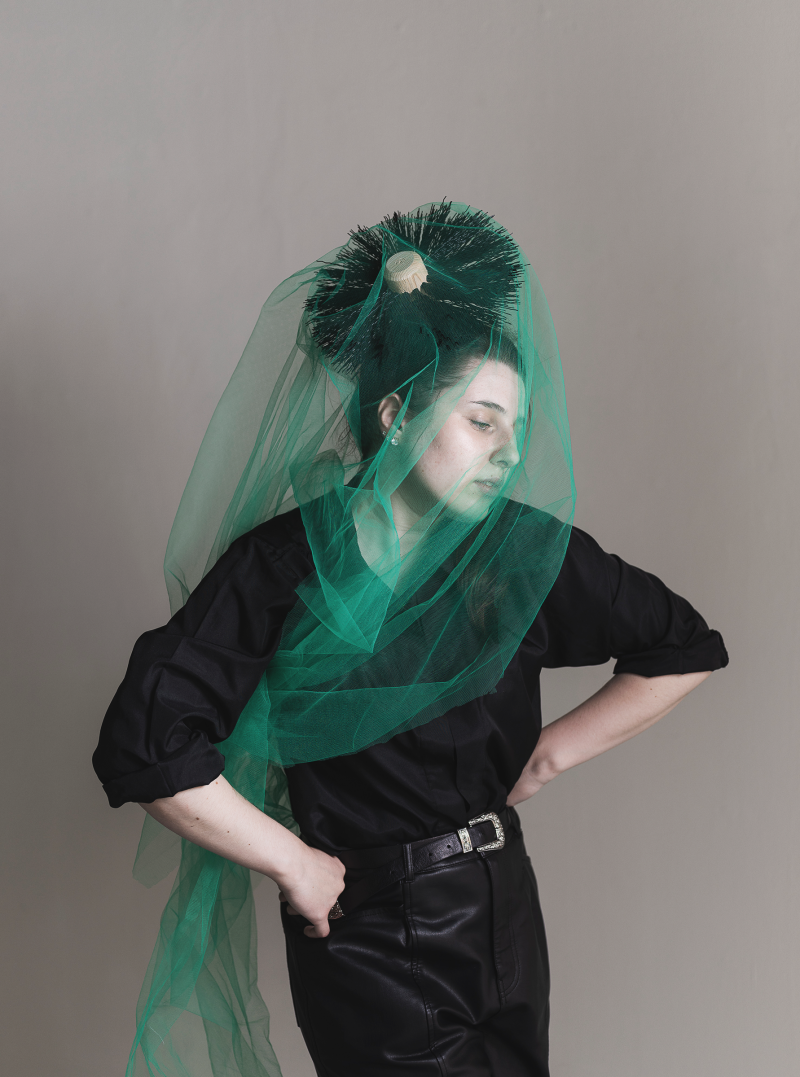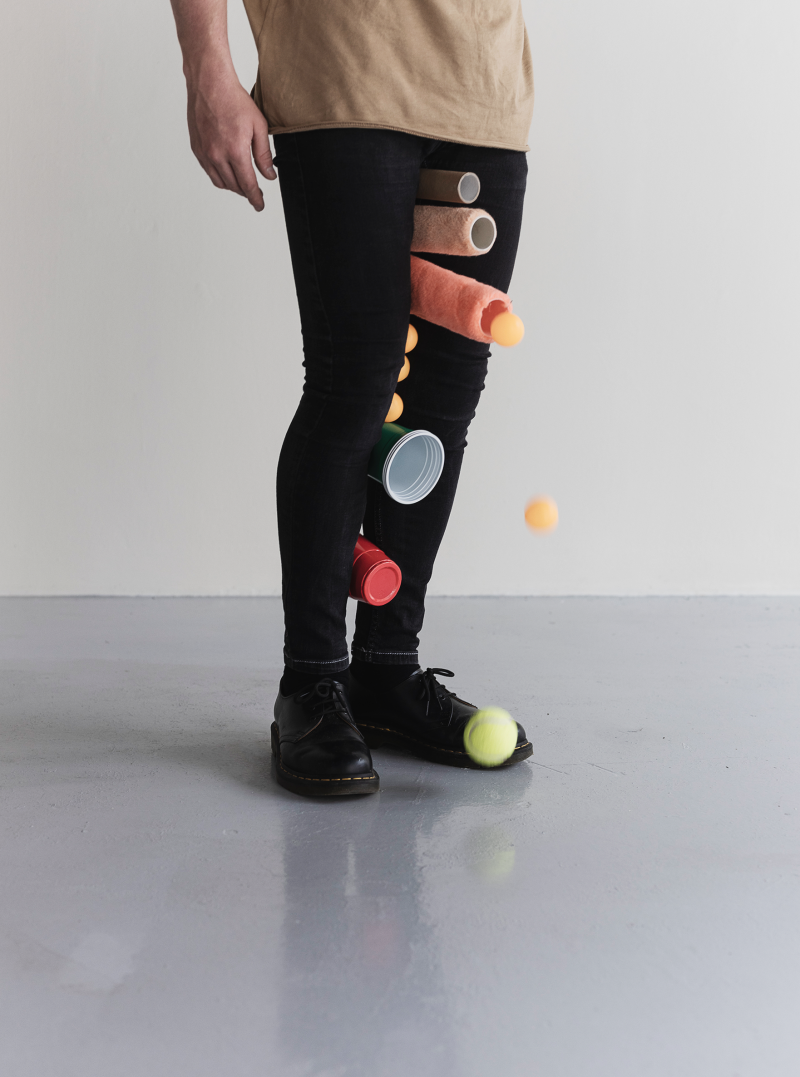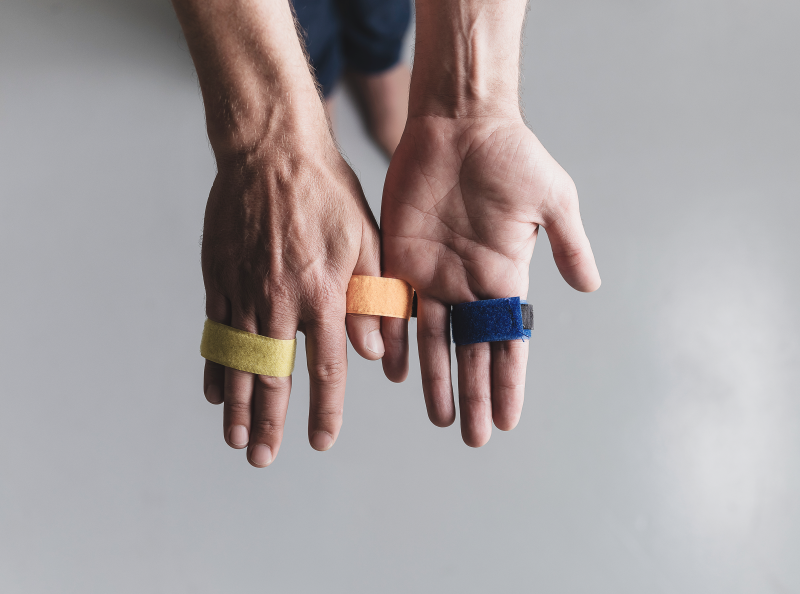Media

In Fine Art Media you are encouraged to bring your existing skills and interests together with new ways of working. We support you in developing your ideas through hands-on making in photography, video, animation, sound, physical computing, 3D modelling and virtual reality. You work with lecturers and technicians who have a deep knowledge of these areas, and the enthusiasm to help you build the skills and insights you need as you move towards a career in art or a related area.

Media emphasises four main areas of art making:
- Photography (digital and analogue)
- Moving Image (video, film, sound, animation, projected image installation)
- Critical Making (physical computing, electronics, sensors)
- New Media (3D modelling, virtual reality, augmented reality, interactive installations)
What will I study?
Media students explore the rapidly changing world of Photography – from high-end studio images to social media channels and phone apps. Learning about Moving Image involves working with cameras, lights and microphones. You also experiment with green screen facilities and animation, while developing editing skills in the post-production suite. Critical Making is where you experiment with technology – such as sensors, lights, and motors – to make interesting or useful things that interact with the real world. You can build your own gadgets or art projects that can move, light up, or respond to touch, sound, or motion. In New Media, you dive into online spaces, exploring the relationships between virtual and physical worlds, working with technologies such as sensors, generative software and multimedia installations.
Year 1
Explore Art and Design research, observation and thinking-through-making in the first trimester. In the second trimester, all Fine Art students get a taste of different pathways through six weeks of experiences in two areas selected from Media, Painting, Print, Sculpture, Ceramics, Glass and Textiles. The last six weeks of first year are spent in the Media Department bringing your ideas into new processes and technologies that will become important to your learning.
Year 2
Timetabled studio projects develop your skills in Photography, Moving Image, Critical Making and Digital Spaces (all of which include many other interesting approaches to making art). You work on art projects to bring all this learning together in showcase events. You deepen your knowledge through workshops, seminars, lectures, presentations, exhibition visits and field trips. After second year, you have two options: (a) study on a Studio+ / International year, or, (b) continue into the final year of the course.
Year 3: Studio+ & International
Gain experience in a range of social and cultural contexts, through modules happening on campus and in the world beyond NCAD. Build your skills as an artist while working with organisations linked to the School of Fine Art, or study abroad through the Erasmus programme with internationally recognised art school partners. Choosing Studio+ means you will complete a four-year BA Fine Art or a four-year BA Fine Art (International).
Final Year
The final year is where you develop your self-directed art practice. You will have a tutor to help guide you through a range of possibilities as your work evolves. There are weekly studio presentations, research seminars and lectures, giving you a framework for your learning. By the end of the final year you will have developed a substantial body of research and studio work, and will present the outcomes in an exhibition for assessment. The programme also features visiting lecturers, off-campus collaborative opportunities, field trips, and study visits. Towards the end of your studies you will be actively encouraged and supported in applying for postgraduate study.

How will I be assessed?
Assessment throughout the programme, in both studio practice and in Critical Cultures, is on a continuous basis, at the end of each completed module and at the end of each trimester. Formal assessment results are issued at the end of each academic year. Modes of assessment include exhibitions and portfolios; practical and written assignments; and oral or visual presentations.
Critical Cultures
A key part of the Fine Art Media BA course is learning to become a critically engaged, reflective and effective practitioner through studying the connections between history, theory and practice in modern and contemporary contexts.
Find out more
Opportunities after graduation
Media graduates have a wide range of opportunities open to them. Our graduates go on to become artists, photographers, filmmakers, curators, animators, lighting designers, app and games developers, special effects designers, television and social media producers, and many other related roles. Many of our graduates also go on to postgraduate study, at NCAD and at other institutions nationally and internationally. NCAD offers MFA and PhD pathways for graduates interested in further study.
Student & Graduate Stories
Méabh Hennelly, BA in Fine Art Media with Critical Cultures
Why did you decide to study at National College of Art & Design?
After I left UCD I knew I liked art but wanted to see how seriously I liked it so I went to The Liberties College Dublin and did a one year QQI Level 6 course, ‘Art & Craft in Professional Practice’ I really enjoyed it. I didn’t have specific intentions of going to college but a handful of weeks before the NCAD portfolio deadline a friend suggested I seriously think about going to art college and it planted a seed in my mind. With the help of my tutor Eilish McLoughlin I put together a portfolio out of the work I had been doing on that course with just about 3 weeks to go. I couldn’t have pulled that off without Eilish’s guidance at that time. She was a fantastic help to me. I was really stunned when I got into NCAD, I hadn’t put my hopes up too much because I hadn’t specifically done a portfolio course. I thought that might disadvantage me but I was so shocked and delighted when I got in.
